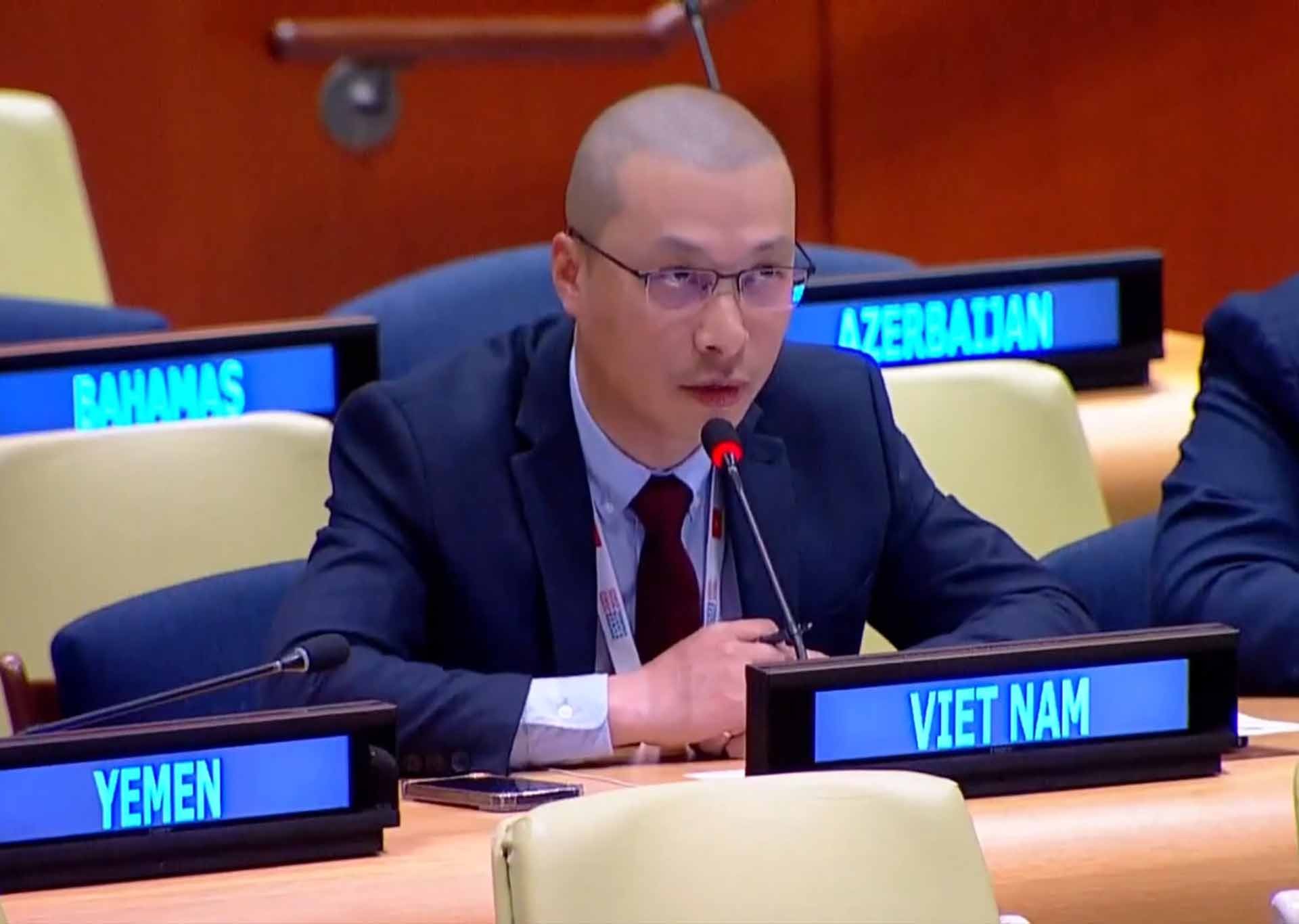 |
| Counselor Nguyen Hoang Nguyen, Deputy Head of the Permanent Mission of Vietnam to the United Nations, spoke at the meeting. |
On May 25, the United Nations Security Council (UNSC) held a discussion according to the "Arria formula" (informal) on the responsibilities and responses of countries to cyber attacks on critical infrastructure.
In the report, UN Under-Secretary-General for Disarmament Affairs Izumi Nakamitsu said that the number of cyber attacks targeting critical infrastructure is increasing, posing a threat to world peace and security.
The attacks not only seriously affect the lives of people in the region but also create tensions in international relations, especially in the context of the complicated world geopolitical situation.
Ms. Nakamitsu called on countries to act responsibly according to the standards adopted by the UN General Assembly in 2015, to strengthen cooperation in preventing cyber attacks and not to use cyber attacks against critical infrastructure systems in armed conflicts.
At the meeting, countries expressed concern about the recent cyber-attack situation in the world, especially the serious consequences of attacks on civil infrastructure on people's lives as well as the economy and security of countries.
Delegates proposed many response solutions, focusing on the responsibilities of countries, international law and confidence-building measures...
Speaking at the meeting, Minister Counselor Nguyen Hoang Nguyen, Deputy Head of the Permanent Mission of Vietnam to the United Nations, assessed that the essential infrastructure systems of every country can become the target of cyber attacks.
Mr. Nguyen Hoang Nguyen said that solving this challenge needs to be discussed comprehensively and deeply in relevant forums, including the UN Security Council; while national governments need to pay attention to raising public awareness, fully applying cybersecurity standards and coordinating with the private sector, especially businesses operating infrastructure systems.
The Deputy Head of the Vietnamese Delegation emphasized that countries need to promote international cooperation according to UN standards, increase information sharing and judicial assistance when necessary, in accordance with the laws of each country as well as bilateral and multilateral agreements.
In addition, protecting critical infrastructure requires a proactive approach, increasing the application of advanced technologies such as artificial intelligence to detect vulnerabilities early and promptly prevent attacks.
Source


![[Photo] Prime Minister Pham Minh Chinh chairs meeting after US announces reciprocal tariffs](https://vstatic.vietnam.vn/vietnam/resource/IMAGE/2025/4/3/ee90a2786c0a45d7868de039cef4a712)
![[Photo] General Secretary To Lam receives Japanese Ambassador to Vietnam Ito Naoki](https://vstatic.vietnam.vn/vietnam/resource/IMAGE/2025/4/3/3a5d233bc09d4928ac9bfed97674be98)
![[Photo] A brief moment of rest for the rescue force of the Vietnam People's Army](https://vstatic.vietnam.vn/vietnam/resource/IMAGE/2025/4/3/a2c91fa05dc04293a4b64cfd27ed4dbe)
![[Photo] Prime Minister Pham Minh Chinh chairs the first meeting of the Steering Committee on Regional and International Financial Centers](https://vstatic.vietnam.vn/vietnam/resource/IMAGE/2025/4/3/47dc687989d4479d95a1dce4466edd32)
![[Photo] Ho Chi Minh City speeds up sidewalk repair work before April 30 holiday](https://vstatic.vietnam.vn/vietnam/resource/IMAGE/2025/4/3/17f78833a36f4ba5a9bae215703da710)

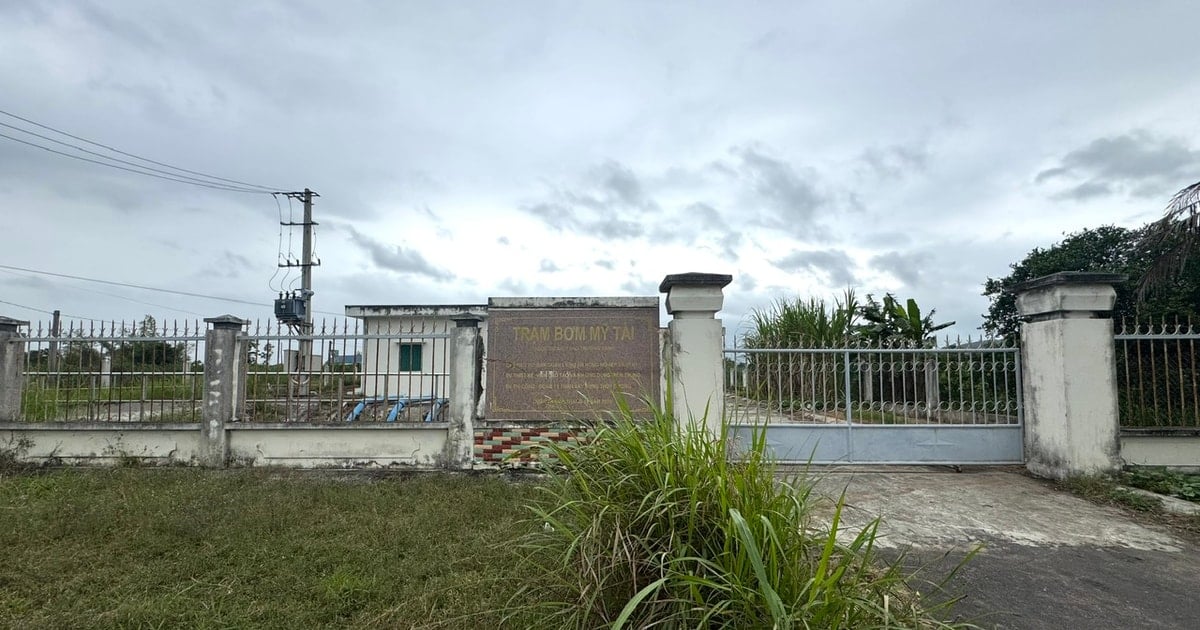




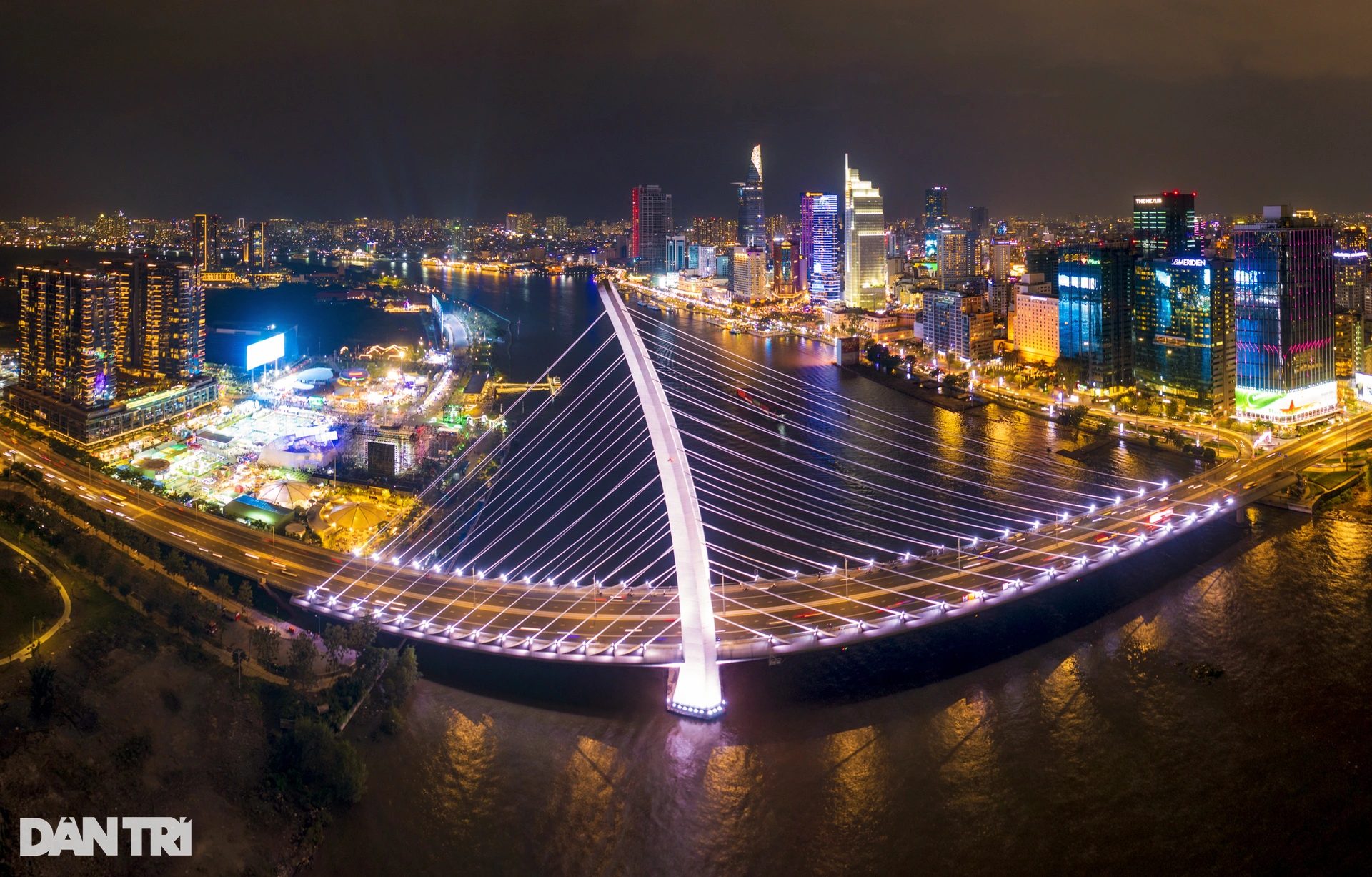

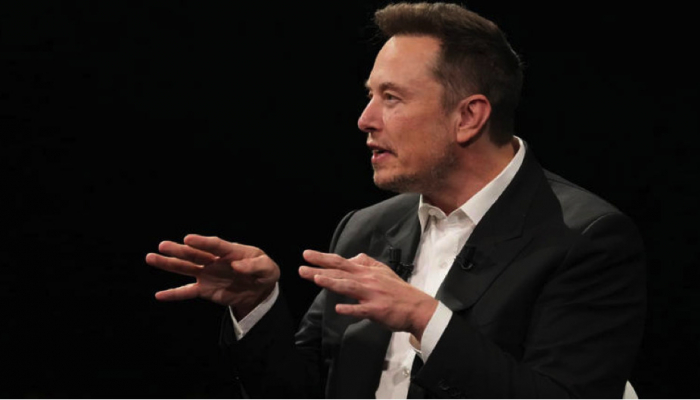

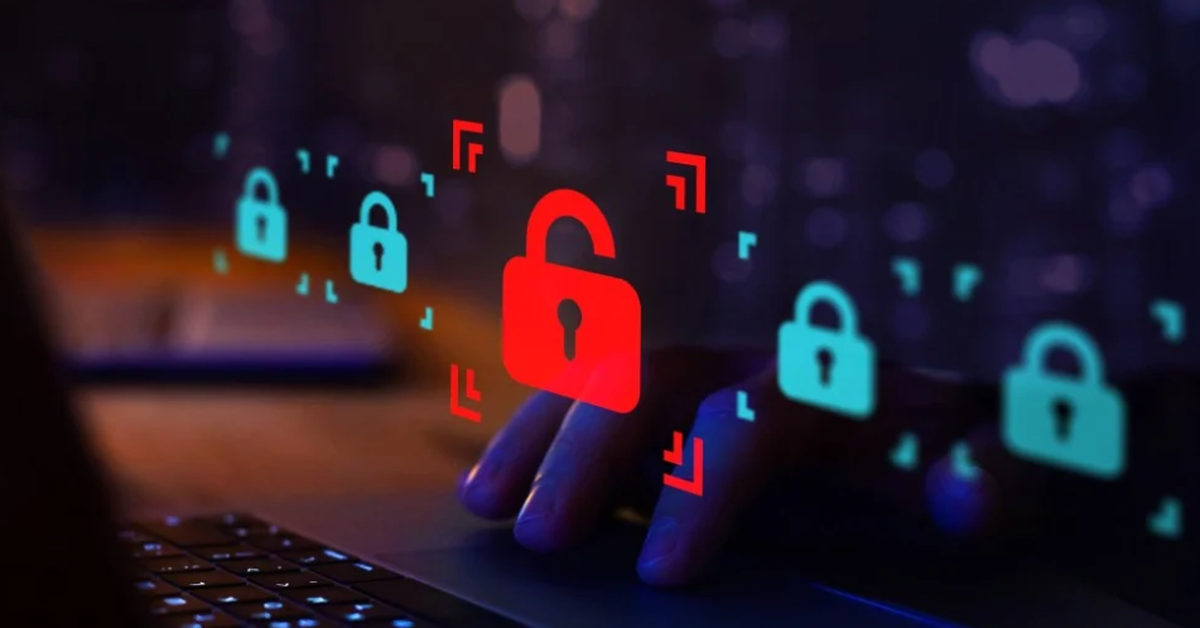



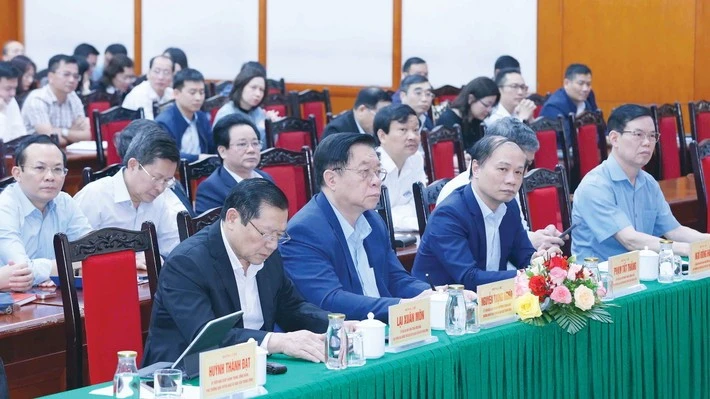







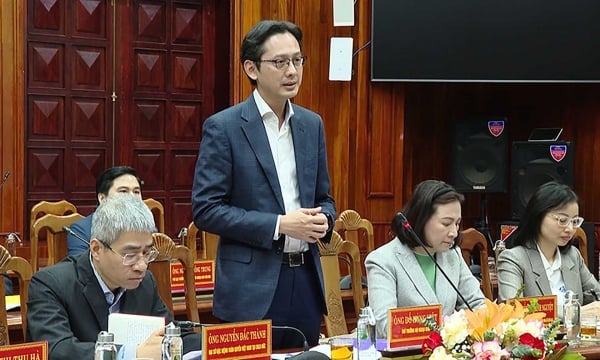
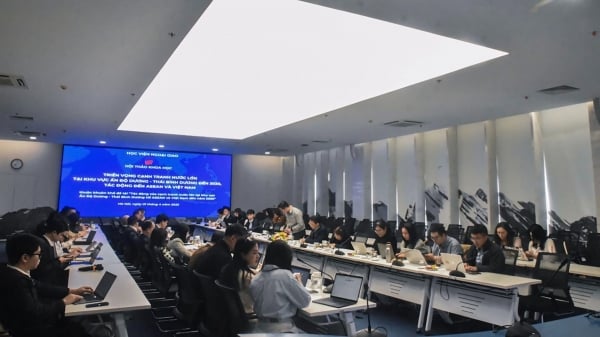
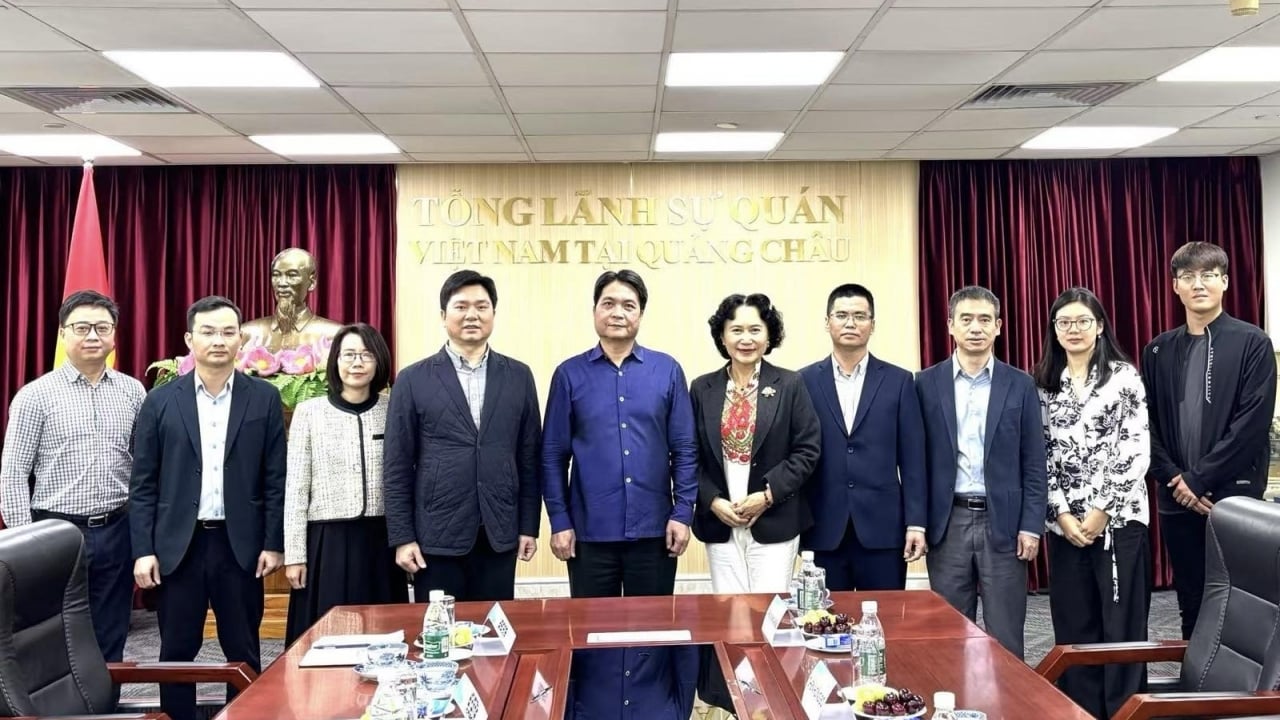
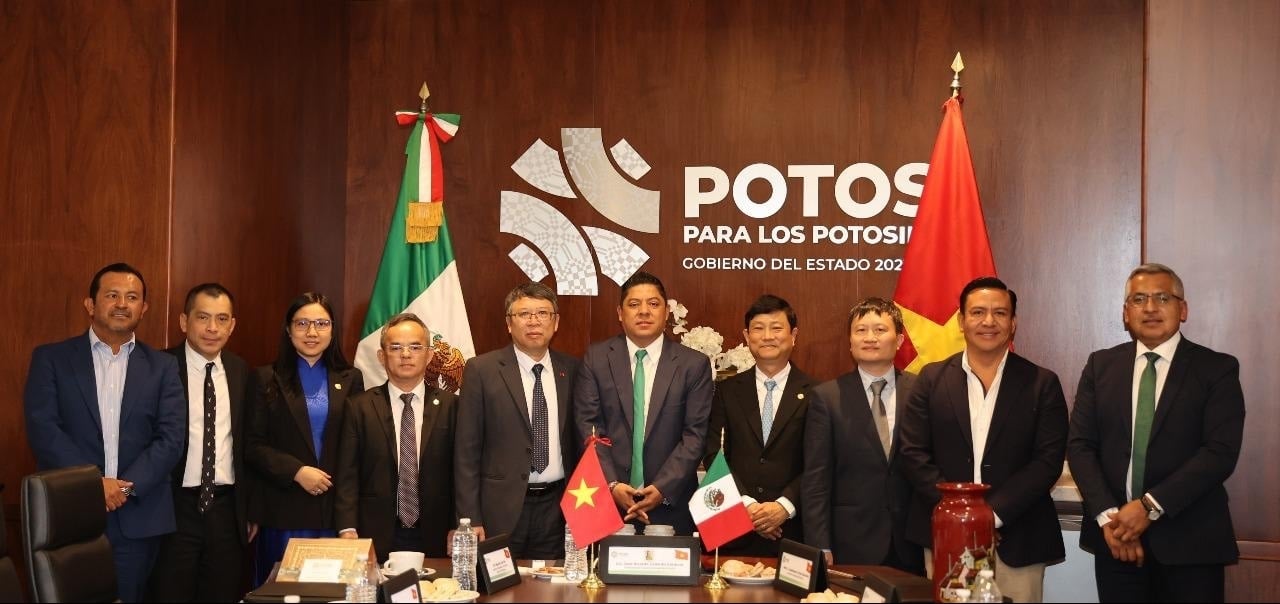
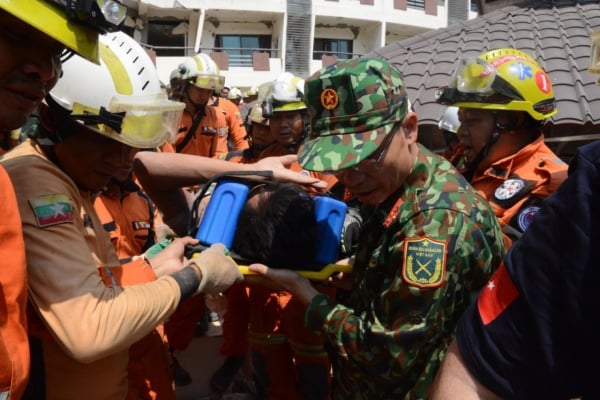



































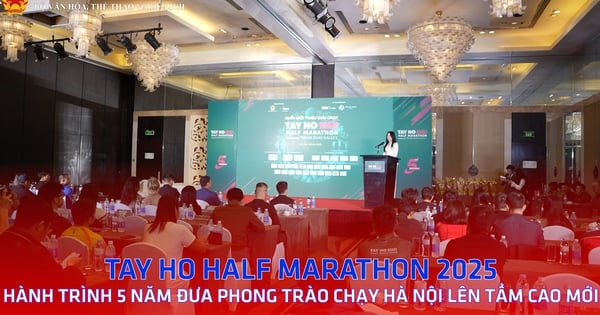







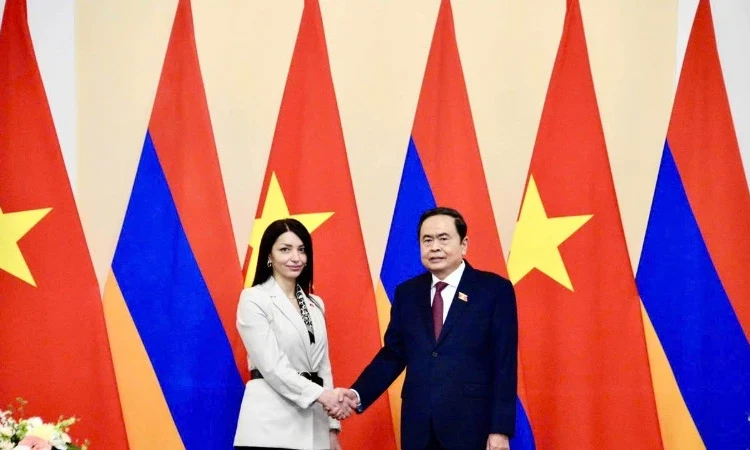
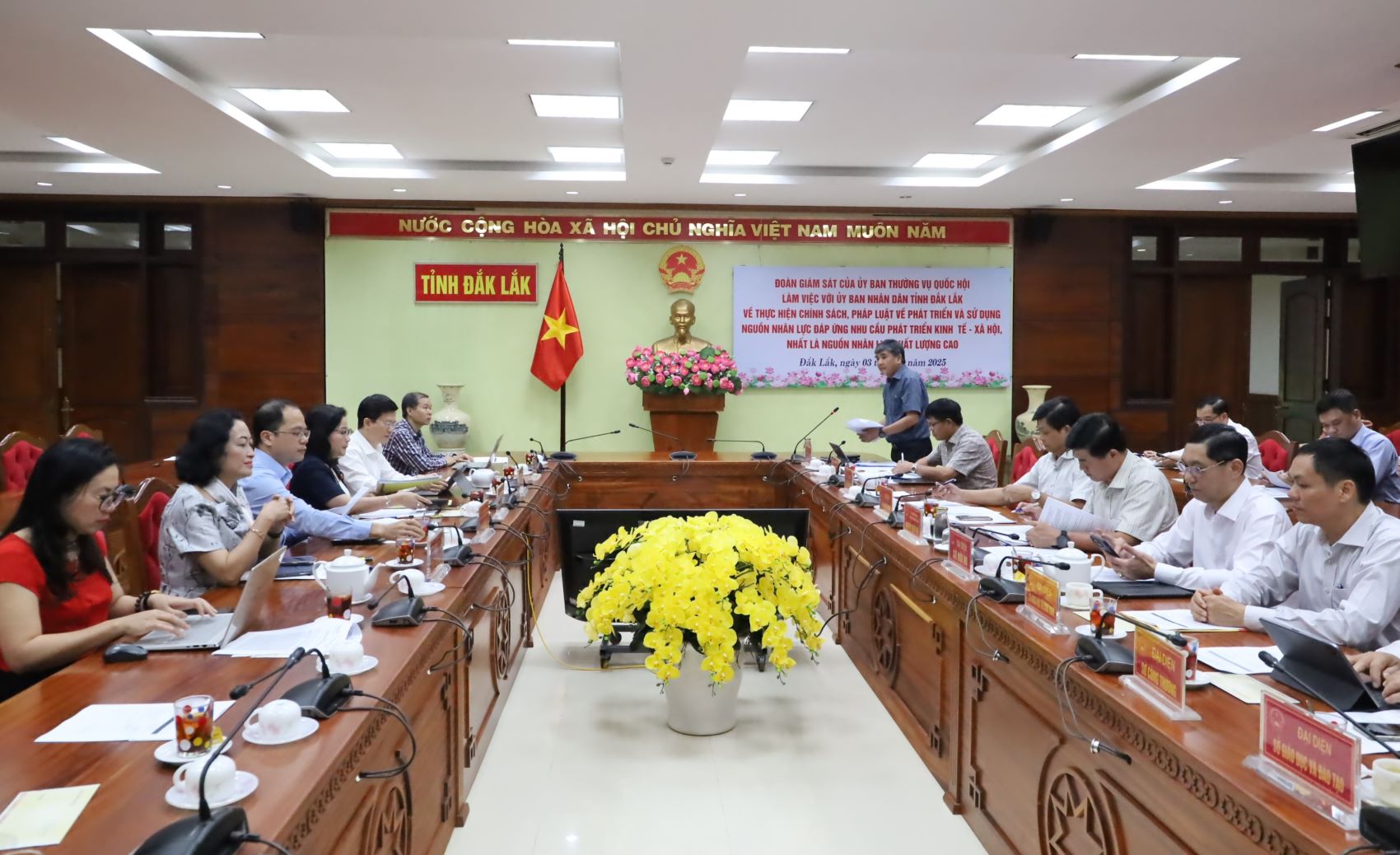
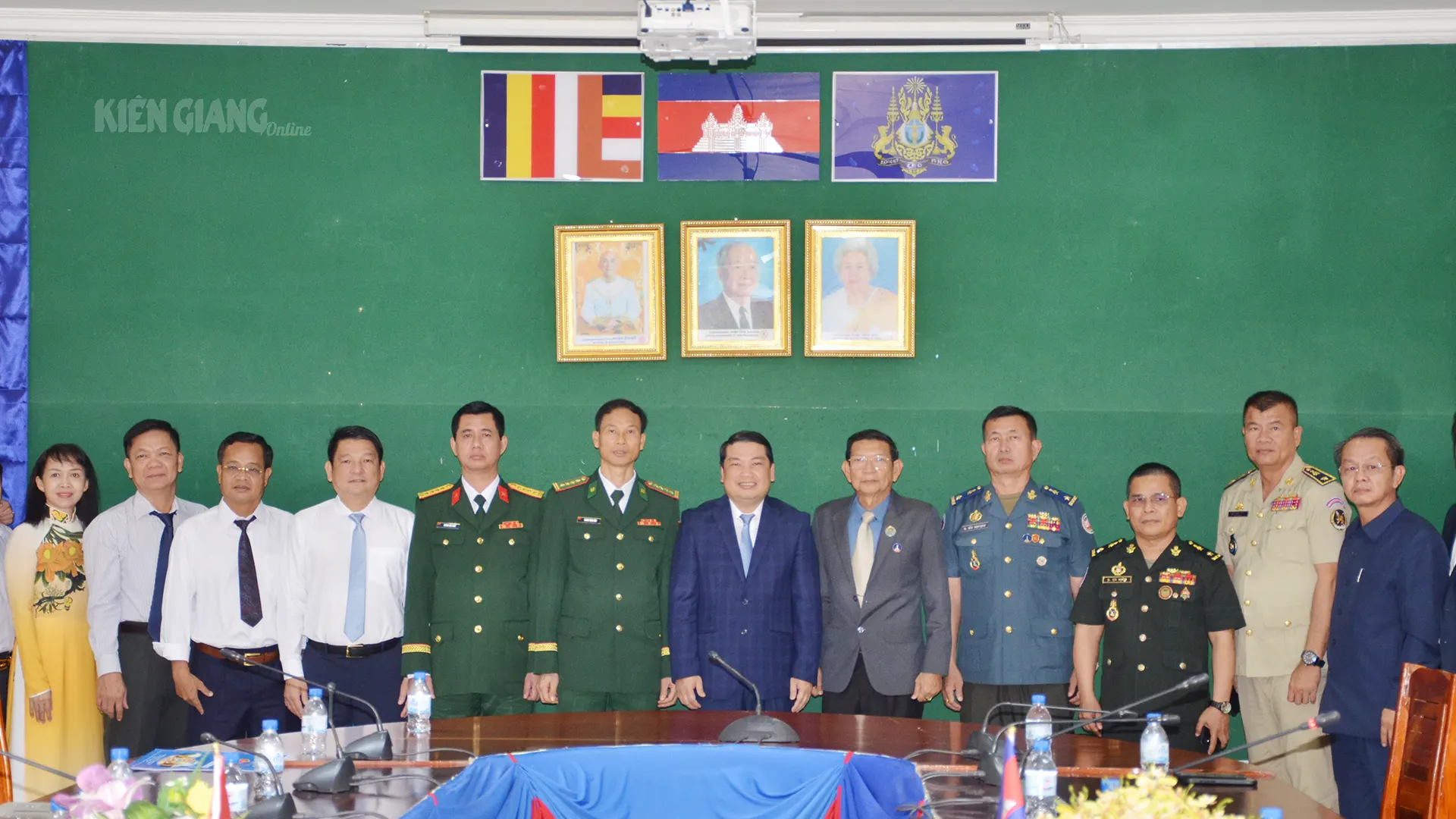
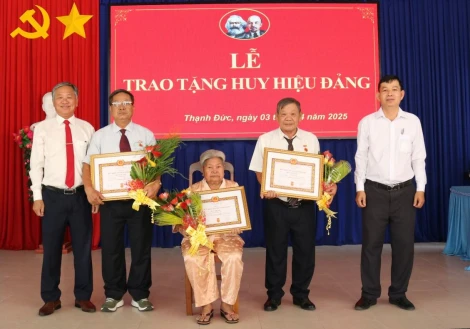
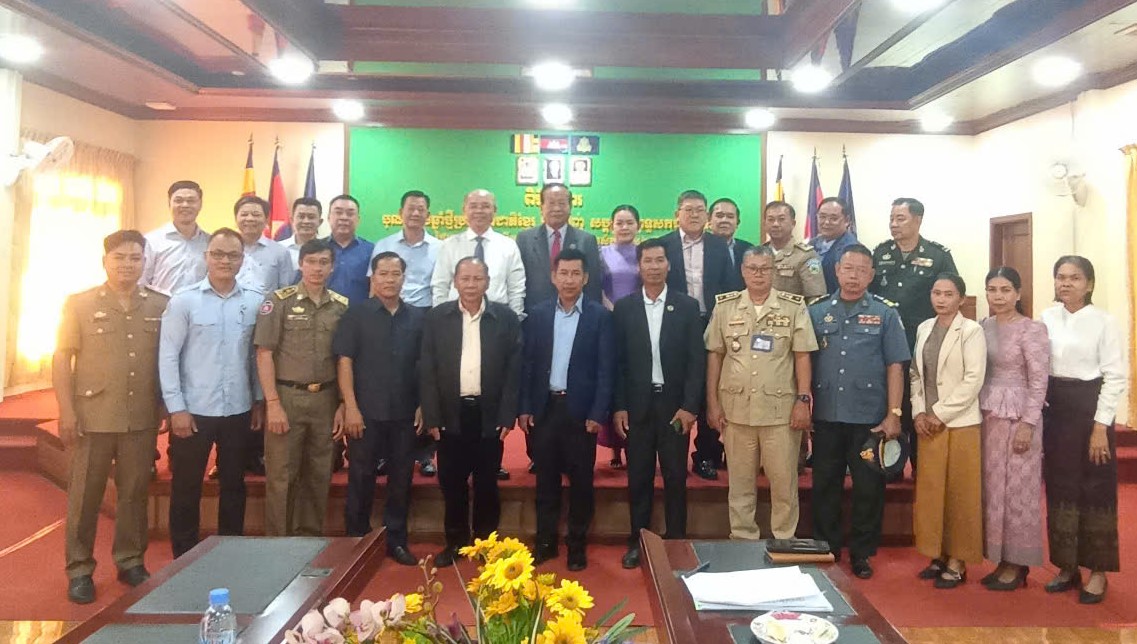
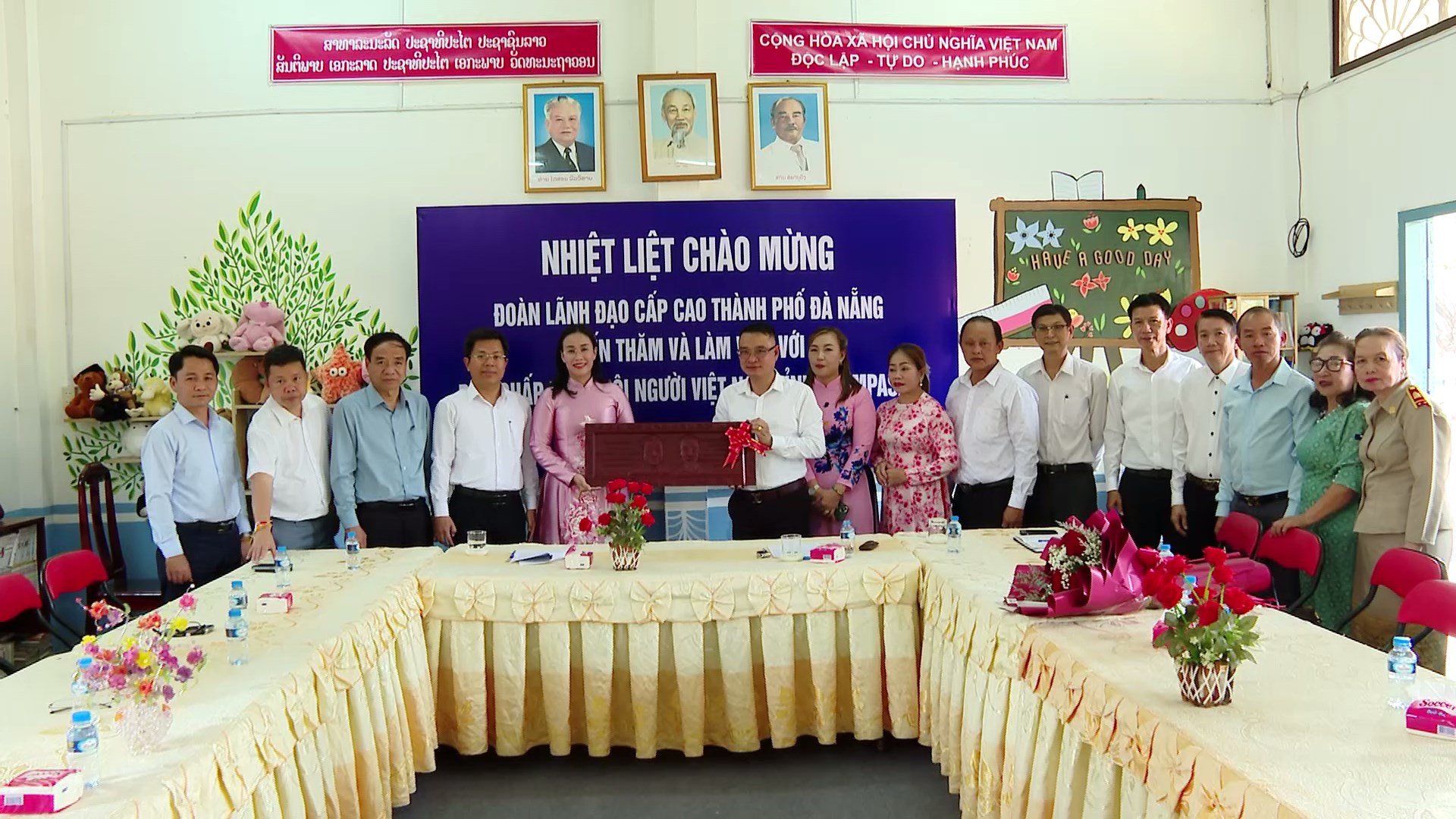












Comment (0)